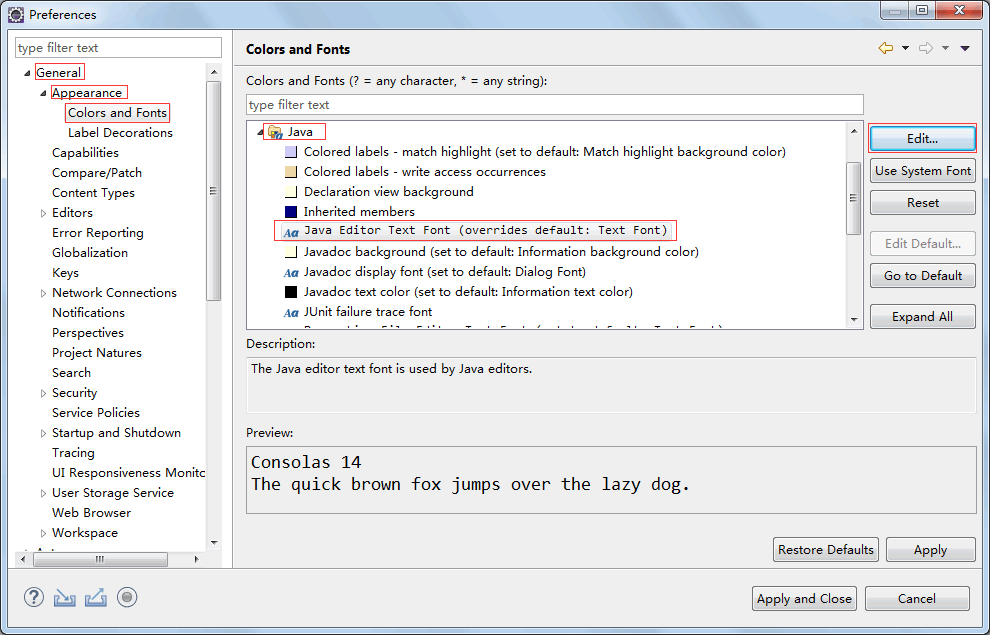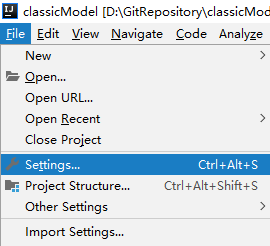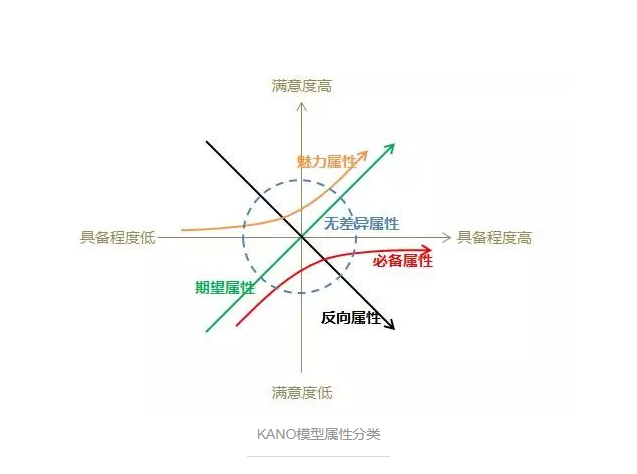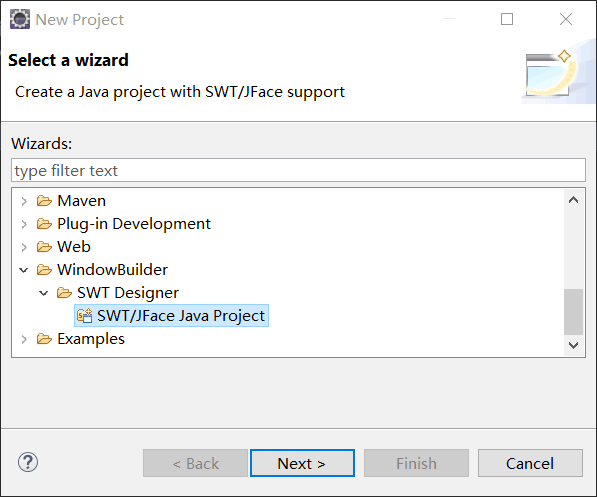ALL_SCHEDULER_JOBS
ALL_SCHEDULER_JOBS
ALL_SCHEDULER_JOBS displays information about the Scheduler jobs accessible to the current user.
Related Views
DBA_SCHEDULER_JOBSdisplays information about all Scheduler jobs in the database.USER_SCHEDULER_JOBSdisplays information about the Scheduler jobs owned by the current user. This view does not display theOWNERcolumn.
| Column | Datatype | NULL | Description |
|---|---|---|---|
OWNER | VARCHAR2(30) | NOT NULL | Owner of the Scheduler job |
JOB_NAME | VARCHAR2(30) | NOT NULL | Name of the Scheduler job |
JOB_SUBNAME | VARCHAR2(30) | Subname of the scheduler job (for a job running a chain step) | |
JOB_CREATOR | VARCHAR2(30) | Original creator of the job | |
CLIENT_ID | VARCHAR2(64) | Client identifier of the user creating the job | |
GLOBAL_UID | VARCHAR2(32) | Global user identifier of the user creating the job | |
PROGRAM_OWNER | VARCHAR2(4000) | Owner of the program associated with the job | |
PROGRAM_NAME | VARCHAR2(4000) | Name of the program associated with the job | |
JOB_TYPE | VARCHAR2(16) | Inline job action type:
| |
JOB_ACTION | VARCHAR2(4000) | Inline job action | |
NUMBER_OF_ARGUMENTS | NUMBER | Inline number of job arguments | |
SCHEDULE_OWNER | VARCHAR2(4000) | Owner of the job’s schedule (can be a window or a window group) | |
SCHEDULE_NAME | VARCHAR2(4000) | Name of the job’s schedule (can be a window or a window group) | |
SCHEDULE_TYPE | VARCHAR2(12) | The type of schedule. Possible values are as follows:
| |
START_DATE | TIMESTAMP(6) WITH TIME ZONE | Original scheduled start date of the job (for an inline schedule) | |
REPEAT_INTERVAL | VARCHAR2(4000) | Inline schedule PL/SQL expression or calendar string | |
EVENT_QUEUE_OWNER | VARCHAR2(30) | Owner of the source queue into which the event will be raised | |
EVENT_QUEUE_NAME | VARCHAR2(30) | Name of the source queue into which the event will be raised | |
EVENT_QUEUE_AGENT | VARCHAR2(30) | Name of the AQ agent used by the user on the event source queue (if it is a secure queue) | |
EVENT_CONDITION | VARCHAR2(4000) | Boolean expression used as the subscription rule for the event on the source queue | |
EVENT_RULE | VARCHAR2(65) | Name of the rule used by the coordinator to trigger the event-based job | |
END_DATE | TIMESTAMP(6) WITH TIME ZONE | Date after which the job will no longer run (for an inline schedule) | |
JOB_CLASS | VARCHAR2(30) | Name of the job class associated with the job | |
ENABLED | VARCHAR2(5) | Indicates whether the job is enabled (TRUE) or not (FALSE) | |
AUTO_DROP | VARCHAR2(5) | Indicates whether the job will be dropped when it has completed (TRUE) or not (FALSE) | |
RESTARTABLE | VARCHAR2(5) | Indicates whether the job can be restarted (TRUE) or not (FALSE) | |
STATE | VARCHAR2(15) | Current state of the job:
| |
JOB_PRIORITY | NUMBER | Priority of the job relative to other jobs in the same class | |
RUN_COUNT | NUMBER | Number of times the job has run | |
MAX_RUNS | NUMBER | Maximum number of times the job is scheduled to run | |
FAILURE_COUNT | NUMBER | Number of times the job has failed to run | |
MAX_FAILURES | NUMBER | Number of times the job will be allowed to fail before being marked broken | |
RETRY_COUNT | NUMBER | Number of times the job has retried, if it is retrying | |
LAST_START_DATE | TIMESTAMP(6) WITH TIME ZONE | Last date on which the job started running | |
LAST_RUN_DURATION | INTERVAL DAY(9) TO SECOND(6) | Amount of time the job took to complete during the last run | |
NEXT_RUN_DATE | TIMESTAMP(6) WITH TIME ZONE | Next date on which the job is scheduled to run | |
SCHEDULE_LIMIT | INTERVAL DAY(3) TO SECOND(0) | Time after which a job which has not run yet will be rescheduled | |
MAX_RUN_DURATION | INTERVAL DAY(3) TO SECOND(0) | Maximum amount of time for which the job will be allowed to run | |
LOGGING_LEVEL | VARCHAR2(4) | Amount of logging that will be done pertaining to the job:
| |
STOP_ON_WINDOW_CLOSE | VARCHAR2(5) | Indicates whether the job will stop if a window associated with the job closes (TRUE) or not (FALSE) | |
INSTANCE_STICKINESS | VARCHAR2(5) | Indicates whether the job is sticky (TRUE) or not (FALSE) | |
RAISE_EVENTS | VARCHAR2(4000) | List of job events to raise for this job. Possible values are:
| |
SYSTEM | VARCHAR2(5) | Indicates whether the job is a system job (TRUE) or not (FALSE) | |
JOB_WEIGHT | NUMBER | Weight of the job | |
NLS_ENV | VARCHAR2(4000) | NLS environment of the job | |
SOURCE | VARCHAR2(128) | Source global database identifier | |
DESTINATION | VARCHAR2(128) | Destination global database identifier | |
COMMENTS | VARCHAR2(240) | Comments on the job | |
FLAGS | NUMBER | This column is for internal use. |


































还没有评论,来说两句吧...